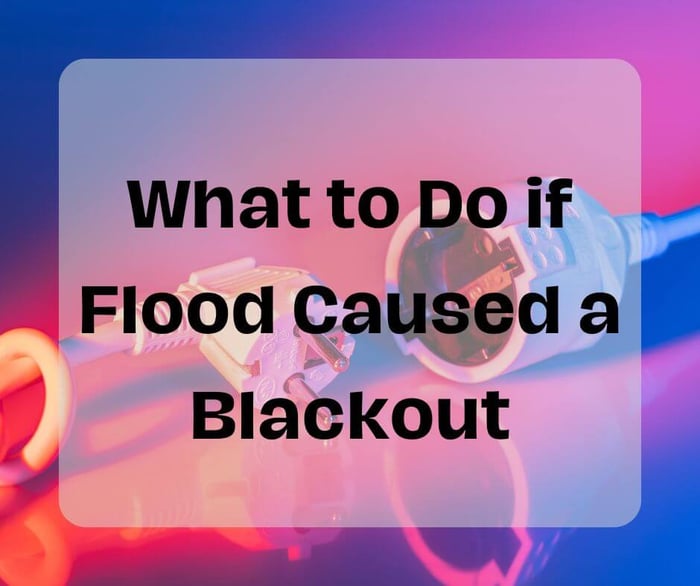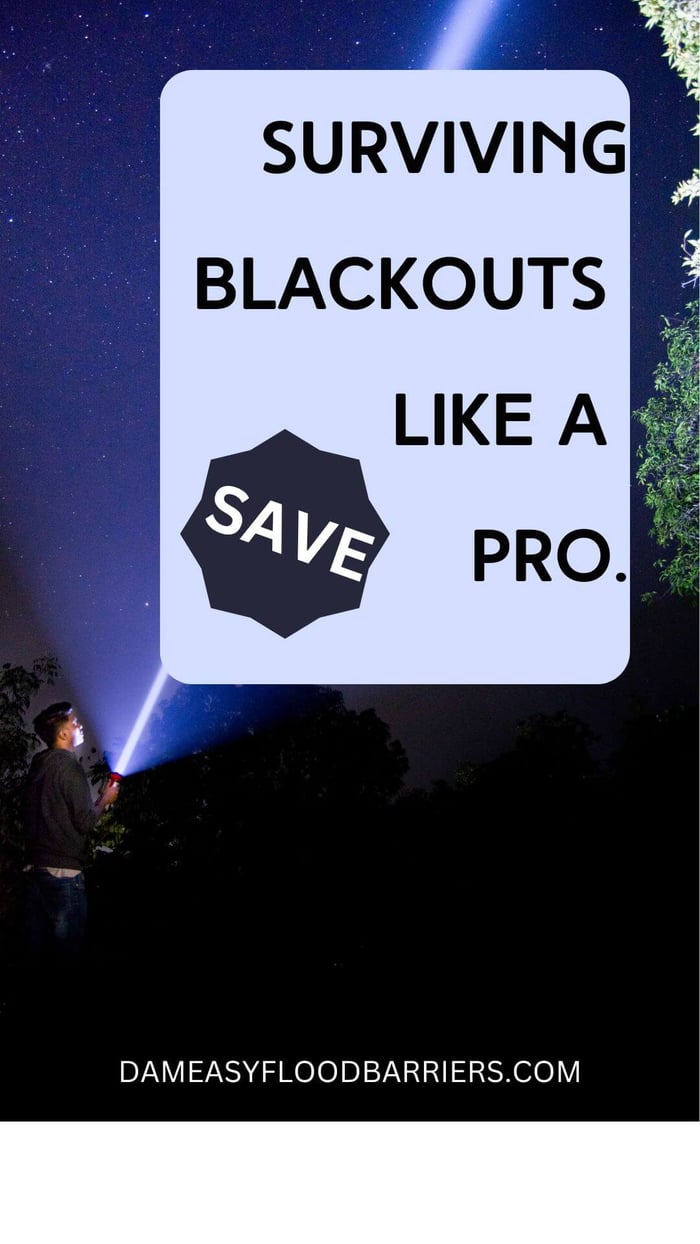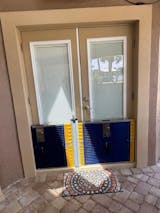Table of Contents
Living in Florida, we all know that hurricane season is just part of life here. It’s a time when we prepare for the worst while hoping for the best. With Hurricane Milton's recent visit, many of us are finding ourselves in the dark—literally. With over 2 million people without affected by blackouts, the struggle to maintain some semblance of normalcy has become all too real. But fear not, fellow Floridians! I’m here to share some practical tips on how to survive without power, keep your food fresh, and find alternative energy sources to make this tough time a little easier.
Food Preservation: Keep It Fresh!
One of the biggest concerns during blackouts is keeping your food safe. Here are some tips to help you preserve what you can:
Know Your Fridge:
Most refrigerators can keep food safe for about 4 hours if left unopened. The key is to keep the doors closed as much as possible. After that, you’ll want to toss any perishable items (like meat, dairy, and leftovers) if they’ve been above 40°F for more than 2 hours.
Use Ice:
If you can get your hands on ice, use it! Fill containers or cooler bags with ice and store them in your fridge. If you don't have a cooler, fill a large pot with ice and place it inside your fridge. This can help keep the temperature down for a little longer.
Freezing Foods Ahead of Time:
Before a storm hits, freeze water bottles and containers of food. In case of blackouts, you can transfer these frozen items to your cooler to help keep the temperature down. Plus, they’ll provide you with cold water to drink once they melt!
Dry Ice:
If you have access to dry ice, this is a fantastic way to keep your freezer and fridge cold for an extended period. Just remember to use gloves when handling dry ice, and ensure proper ventilation to avoid carbon dioxide buildup in your home.
Non-Perishable Food:
Stock up on non-perishable items like canned goods, pasta, rice, and dried fruits. Make sure you have a manual can opener handy! You can find helpful tips on building an emergency food supply from the CDC.
Finding Alternative Energy Sources
When the lights go out, it can be frustrating, but there are ways to keep your devices charged and lights on:
Generators:
If you have a generator, make sure you know how to use it safely. Keep it outside to prevent carbon monoxide poisoning and follow the manufacturer’s instructions. Generators can power essential appliances like refrigerators and fans.
Battery-Powered Devices:
Invest in a good battery-powered lantern and flashlight. These can make a world of difference during a blackout. Don't forget to stock up on batteries while you’re at it!
Solar Chargers:
Solar-powered chargers are a great investment. They can charge your phone and other devices during the day, giving you the ability to stay connected. Check out options from brands like Anker or Goal Zero.
Inverter for Car:
If you have a car, consider using a power inverter. These devices can convert your car’s DC power to AC power, allowing you to charge small electronics. Just be mindful of your car’s battery life and run the engine periodically to avoid draining it.
Keeping Cool
Florida heat can be brutal, especially without air conditioning. Here are some tips to help you stay cool:
Stay Hydrated:
Drink plenty of water to stay hydrated, especially if you’re sweating. If you’re low on water, remember that you can drink from your water heater (if it’s electric) or fill your bathtub with water before the storm hits.
Use Fans Wisely:
If you have a battery-operated fan, make sure you have it charged and use it to circulate air. Place it near an open window if it’s cooler outside.
Damp Towels:
Hang damp towels or sheets in front of open windows or doorways. When the breeze comes through, it can create a cooling effect.
Seek Shade:
If you have access to a shaded area outside, take breaks there to cool off. Just remember to apply sunscreen to avoid sunburn!
Flood Barrier Door Dam - Ultimate Flood Gate

$949.00
DAM EASY® FLOOD GATE - DOOR DAM Floods are becoming more common around the world. What was once a 100-year phenomenon is now a seasonal trend that homeowners must deal with. That’s EXACTLY why you need this Dam Easy Flood… Read More
Coping Strategies for Families
Blackouts can be stressful, especially for kids. Here are some strategies to keep spirits up:
Board Games and Cards:
Dust off those board games and cards. They’re a great way to pass the time and bond with family.
Reading and Storytelling:
Encourage reading or storytelling sessions. Not only does this promote creativity, but it can also be a comforting distraction.
Outdoor Activities:
If it’s safe to do so, get outside! Play catch, go for a walk, or enjoy some family time in the backyard. Fresh air can do wonders for everyone’s mood.
Stay Informed:
Keep a battery-powered radio on hand to stay updated on the storm and recovery efforts. Knowing what’s going on can ease anxiety and help you plan your next steps.
Resources and Contacts
Here are some resources you can reach out to during this challenging time:
- FEMA Disaster Assistance: Call 1-800-621-FEMA (1-800-621-3362) for assistance.
- Florida Power & Light: For updates on power restoration, visit FPL's website or call 1-800-4-OUTAGE (1-800-468-8243).
- Red Cross: They provide emergency assistance and shelter during disasters. Visit Red Cross Florida for more information.
- Local Shelters: Check your local news or social media for updates on shelters and resources available in your area.
Conclusion
Blackouts can be frustrating, especially after a hurricane, but with a little preparation and creativity, you can weather the storm. Remember to stay calm, keep your spirits up, and support each other during these trying times. We’re all in this together, and with a bit of planning, we’ll come out on the other side even stronger! If you have more tips or stories to share about surviving without power, feel free to drop a comment below. Stay safe, Florida!




















